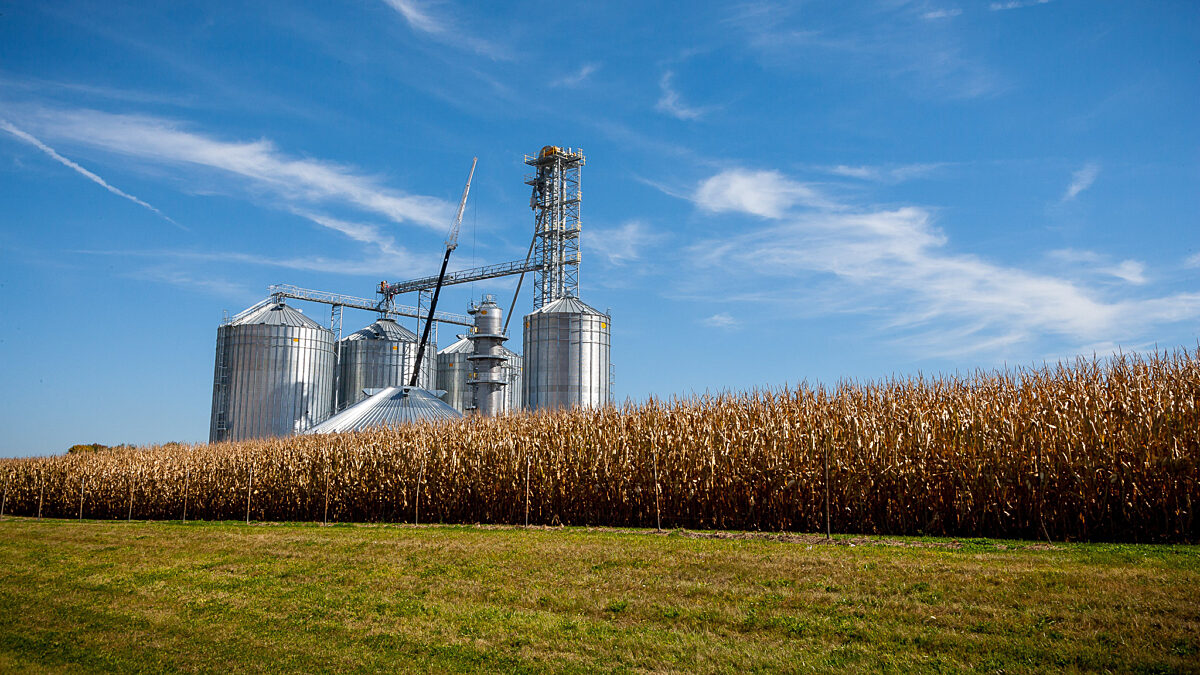Let’s Get to Work
Zippy Duvall
President

photo credit: North Carolina Farm Bureau, Used with Permission
Zippy Duvall
President
I still remember the day my father announced to the family that he had bought several cows and that we were now in the dairy business. We milked those cows twice a day, and I can tell you we didn’t always look forward to the work. But, every day after breakfast, my father said the same thing, “Let’s go, boys. If we don’t get it done before lunch, it will never get done.” The lesson of those words has stuck with me many years later, and they apply to the task now facing Congress. The 2018 farm bill expired in September and lawmakers must take up consideration of a new farm bill, one of the most consequential pieces of legislation before the 118th Congress.
This legislation is simply too important to be kicked down the road. There are real consequences for farmers, ranchers and our food supply. A Congressional Research Service analysis revealed that 21 programs across 8 of the 12 titles of the farm bill do not have a continuing baseline and have expired. These range from parts of the farm safety net to research projects. Unless Congress acts, programs that help ensure the viability of farms and advancements in our industry will end. That’s simply not okay.
Seventy-three percent of Americans recognize there would be a significant impact on the country if the farm bill is not reauthorized.
You don’t need to look very far to see how farm bill investments have paid off in protecting America’s food supply. We know the impact of challenging times, such as economic downturns or natural disasters, firsthand in farm country. Important programs like Price Loss Coverage, Agricultural Risk Coverage and Dairy Margin Coverage ensure farmers can continue on, and this isn’t just about farming either. It’s about all Americans because the farm bill helps ensure food continues to reach dinner tables across the country.
Americans spend the smallest percentage of their income on food compared to any other nation—a feat made possible in part through the farm bill. And nearly 80% of the funding for the farm bill is directed toward nutrition programs, playing a critical role in addressing food insecurity in the United States. The bottom line is that the farm bill doesn’t only exist to benefit America’s farm and ranch families. It’s legislation that touches every home across our country.
I was pleased and encouraged to see Speaker Johnson share his goal of getting a farm bill done this December. If the House is successful, the Senate must do their work, and then both chambers will need to agree on a final bill. Yes, it’s later than we hoped, but it’s a much-needed start.
We also hear growing discussion around extending the now-expired farm bill. Yes, a short-term extension is important to avoid reverting to Depression-era policies and seeing 21 important programs disappear. But lawmakers must also remain focused on passing a new farm bill.
Farmers and ranchers are practical people. We often experience delays from mother nature, product availability or equipment challenges. Sometimes we get the seed in the ground later than we planned, but we still plant the crop. Failing to do so would be catastrophic for our livelihoods. The work simply must be done.
Farmers and ranchers across the country showed up and weighed-in during farm bill listening sessions, town hall meetings, and congressional hearings to highlight the programs that need improvements. Agriculture committee members and staff in both chambers have been working hard to find consensus and develop legislative language on important changes. We cannot lose this momentum. Like my father would say, “If we don’t do it now, it will never get done.”
Seventy-three percent of Americans recognize there would be a significant impact on the country if the farm bill is not reauthorized. The public gets it. Now it’s time for Congress to do the same.